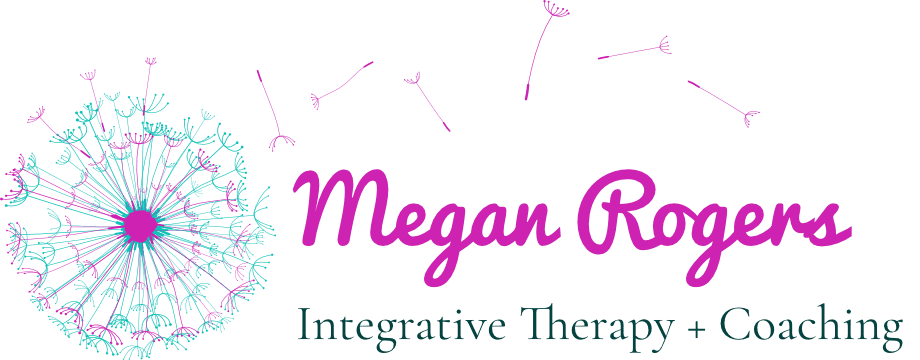Ladies. If you’ve made it to your 40’s or 50’s, first of all, can we give ourselves a standing ovation? This hasn’t been a walk in the park.
Well, it has. And, a trip across the world (over and over), and loves of our lives, and losses, and starting new businesses, and failing, and succeeding, and trying new things and climbing mountains, and jumping in ice lakes, and jumping out of airplanes, and, and, and…..
Yes, if you’re here, and you’re the type of client that I typically vibe with the best – you’ve been around the block and lived to tell the tale. Maybe now, you want to focus on grounding yourself. And many times, in my world, for my coaching and counseling clients, it’s a look at less. Specifically, less drinking and more moderation. They often say – “it’s time.” And that’s how I felt too. I was seriously tired of it. I was tired of being tired from it. I was tired of spending money on it. I was tired of not remembering what I said or did, or sometimes worse, remembering embarrassing things I did or said.
When we “grow up” – that’s what I’m calling it – we literally become different people. Truly. Our cells have turned over and we are not the same women we were in our 30’s.
This means new hormonal changes. Fresh ones ladies. Some new ones that we might not be as familiar with. And, as you can imagine, drinking just doesn’t help.
Let’s go over them!
The female hormones are estrogen, progesterone, and testosterone. These hormones play a role in a woman’s menstrual cycle, fertility, pregnancy, and menopause. Here is what each one does.
- Estrogen: Estrogen is a hormone that helps to regulate a woman’s menstrual cycle, fertility, and sexual function. It also plays a role in bone health, heart health, and cognitive function.
- Progesterone: Progesterone is a hormone that helps to prepare the uterus for pregnancy. It also helps to regulate the menstrual cycle and to prevent ovulation.
- Testosterone: Testosterone is a hormone that is found in both men and women. In women, testosterone helps to regulate sex drive, energy levels, and muscle mass.
When we get to our 40s and 50s, we can expect these types of hormonal changes:
- Follicle-stimulating hormone (FSH): FSH is responsible for stimulating the growth of follicles in the ovaries. As women age, their levels of FSH increase, which can lead to irregular menstrual cycles and eventually menopause.
- Luteinizing hormone (LH): LH is responsible for triggering the release of an egg from the ovary. As women age, their levels of LH also increase, which can lead to the same symptoms as high FSH levels.
- Estrogen: Estrogen is a hormone that plays a role in many aspects of a woman’s health, including her menstrual cycle, fertility, and bone health. As women age, their levels of estrogen decline, which can lead to a number of symptoms, including hot flashes, night sweats, and vaginal dryness.
- Progesterone: Progesterone is a hormone that helps to prepare the uterus for pregnancy. As women age, their levels of progesterone also decline, which can lead to irregular menstrual cycles and eventually menopause.
- Testosterone: Testosterone levels also decline in women as they age. Testosterone is important for sexual function, muscle mass, and bone health. As testosterone levels decline, women may experience symptoms such as decreased sex drive, fatigue, and changes in body composition.
It is important to note that not all women experience the same symptoms of menopause. Some women may experience no symptoms at all, while others may experience a wide range of symptoms. If you are experiencing any symptoms that are interfering with your quality of life, talk to your doctor. There are a number of treatment options available to help relieve the symptoms of menopause.
Hormonal Changes During Menopause
During menopause, the ovaries stop producing estrogen and progesterone. This can lead to a number of changes, including:
- Hot flashes
- Night sweats
- Vaginal dryness
- Irregular periods
- Mood swings
- Fatigue
- Weight gain
Now, how can adding drinking to that hot mess appear? Alcohol can affect a woman’s hormones in a number of ways. It can:
- Lower estrogen levels
- Increase testosterone levels
- Disrupt the menstrual cycle
- Increase the risk of infertility
- Increase the risk of breast cancer
- Increase the risk of heart disease
- Increase the risk of stroke
It basically can run amok when swirling around with all the hormone changes. There are a number of things that women can do to manage the hormonal changes that occur during menopause.
These include:
- Eating a healthy diet
- Exercising regularly
- Getting enough sleep
- Managing stress
- Taking hormone therapy
- Talking to a doctor or counselor about any concerns
- Trying my Gray Area Drinking Coaching program to reset your life (link)
The hormonal changes that occur during menopause can be challenging, but there are a number of things that women can do to manage them. By eating a healthy diet, exercising regularly, getting enough sleep, managing stress, and taking hormone therapy, women can reduce the severity of the symptoms and improve their quality of life.
Plus, check out my treasure trove of articles on gray area drinking and life in general. Stay in touch or consider a consultation to see if we would work well together. I look forward to hearing from you – Megan.
Here are some additional resources that you may find helpful:
- The North American Menopause Society: This website provides information about menopause, including symptoms, treatment options, and research.
- The National Institute on Aging: This website provides information about menopause and aging, including health risks and prevention strategies.
- The American College of Obstetricians and Gynecologists: This website provides information about menopause and women’s health, including treatment options and patient education resources.
- The Study of Women’s Health Across the Nation (SWAN): This study is a long-term, prospective study of over 10,000 women who are tracking the effects of menopause on their health. The study has found that the decline in estrogen levels in the years leading up to menopause is associated with a number of health problems, including hot flashes, night sweats, vaginal dryness, and changes in bone density.
- The Women’s Health Initiative (WHI): This study was a large, randomized controlled trial that looked at the effects of hormone therapy on the health of postmenopausal women. The study found that hormone therapy increased the risk of heart disease, stroke, and breast cancer.

